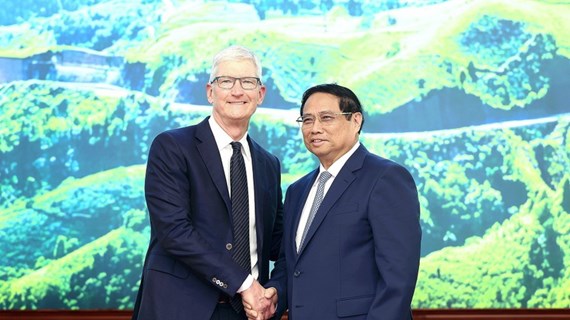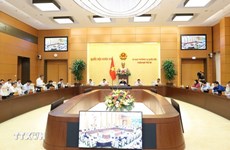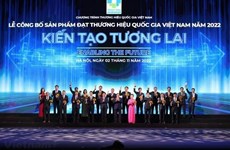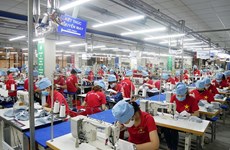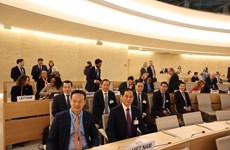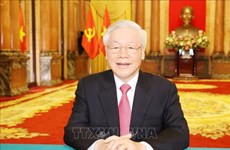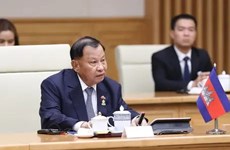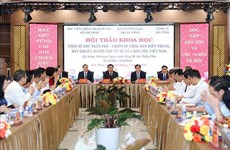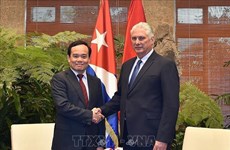Vietnam share experience in building peacekeeping partnerships
Ambassador Dang Dinh Quy, head of the Vietnamese Permanent Mission to the UN shared Vietnam’s experience in promoting collaboration with partners to support the deployment of level-2 field hospitals in South Sudan at a discussion on enhancing the efficiency of UN peacekeeping in New York on December 6.
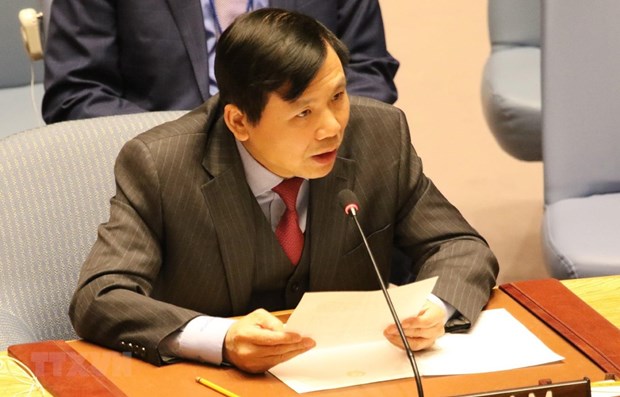 Ambassador Dang Dinh Quy, head of the Vietnamese Permanent Mission to the UN (Photo: VNA)
Ambassador Dang Dinh Quy, head of the Vietnamese Permanent Mission to the UN (Photo: VNA)New York (VNA) – Ambassador Dang Dinh Quy, head of the Vietnamese Permanent Mission to the UN shared Vietnam’s experience in promoting collaboration with partners to support the deployment of level-2 field hospitals in South Sudan at a discussion on enhancing the efficiency of UN peacekeeping in New York on December 6.
Vietnam, the co-organiser of the event, is considered one of the countries with strong performance in building efficient partnership in UN peacekeeping operations in South Sudan.
Quy said that Vietnam started sending personnel to UN peacekeeping missions in 2014. So far, 40 Vietnamese officers have been deployed to the UN peacekeeping missions in South Sudan and Central Africa.
The first level-2 field hospital of Vietnam replaced the UK’s hospital in October 2018 and operated effectively in the host country, he noted.
The Vietnam Peacekeeping Department has been selected as one of the four centres in Southeast Asia meeting international standards in training personnel for peacekeeping operations.
At the event, which also saw the attendance of UN Secretary-General Antonio Guterres and representatives from more than 100 UN member nations, delegates underlined the significance of UN peacekeeping activities.
The UN chief stressed that improving the performance of peacekeeping activities is a common responsibility of all involving parties. He also called for the international community to fully implement the Action for Peacekeeping initiative.
In order to enhance the effectiveness of peacekeeping operations, participants held that peacekeeping forces should adhere to their duties, especially protecting civilians.
Countries engaging in the operations must ensure that the personnel they send to the missions are trained and equipped with knowledge to UN standards, they said, adding the need to build criteria on the supervision of the activities as well as the supply of finance and equipment, the increase of women’s involvement in the operations, and the strengthening of information and transparency.
They agreed on the need to design an effective mechanism to handle violations by peacekeeping forces./.





